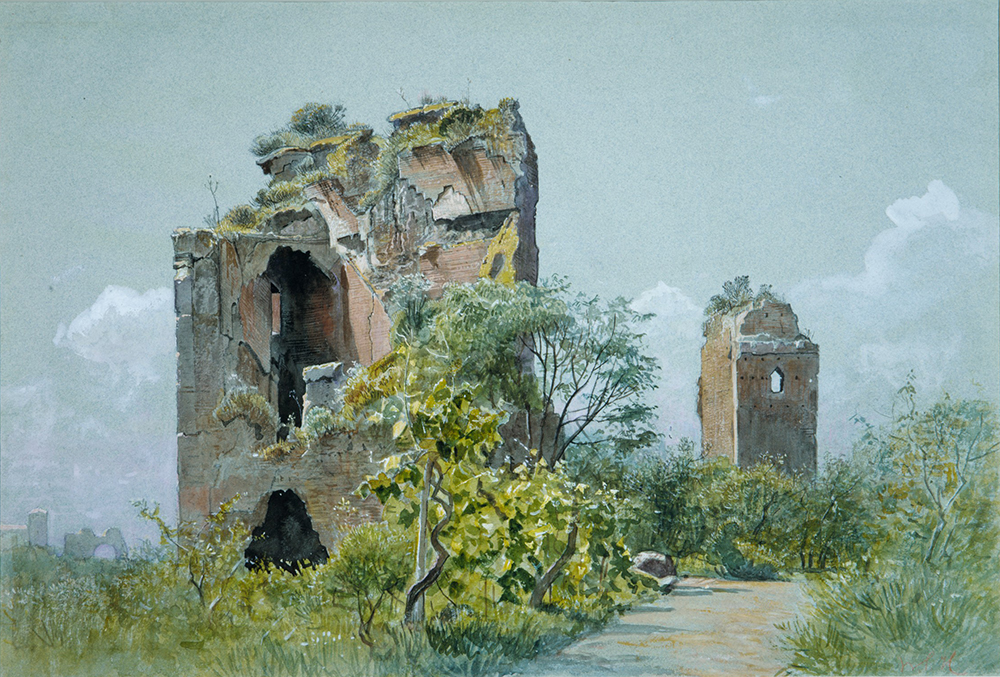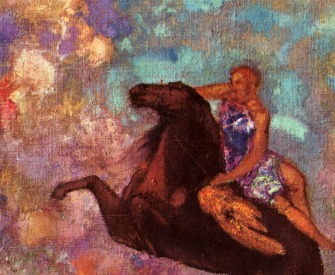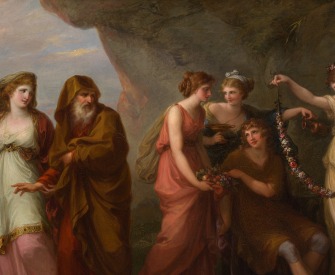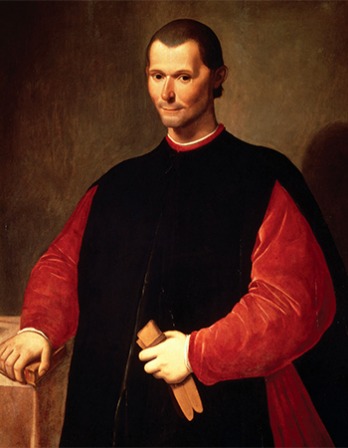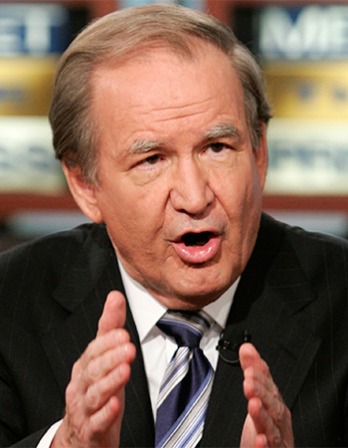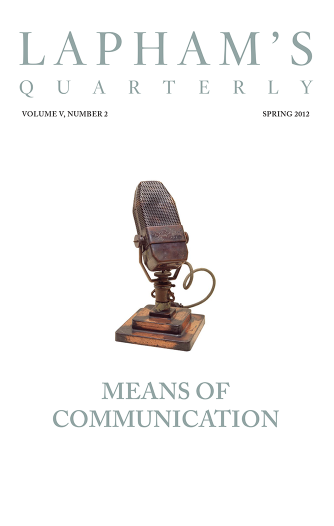The apparent ease with which children learn is their ruin. You fail to see that this very facility proves that they are not learning. Their shining, polished brain reflects, as in a mirror, the things you show them, but nothing sinks in. The child remembers the words, and the ideas are reflected back; his hearers understand them, but to him they are meaningless.
The pedagogues, who make a great display of the teaching they give their pupils, are paid to say just the opposite; yet their actions show that they think just as I do. For what do they teach? Words! Words! Words! Among the various sciences they boast of teaching their scholars, they take good care never to choose those which might be really useful to them, for then they would be compelled to deal with things and would fail utterly. The sciences they choose are those we seem to know when we know their technical terms—heraldry, geography, chronology, languages, etc., studies so remote from man, and even more remote from the child, that it is a wonder if he can ever make any use of any part of them.
You will be surprised to find that I reckon the study of languages among the useless lumber of education. But you must remember that I am speaking of the studies of the earliest years, and whatever you may say, I do not believe any child under twelve or fifteen ever really acquired two languages.
If the study of languages were merely the study of words, that is, of the symbols by which language expresses itself, then this might be a suitable study for children; but languages, as they change the symbols, also modify the ideas that the symbols express. Minds are formed by language, thoughts take their color from its ideas. Reason alone is common to all. Every language has its own form, a difference that may be partly cause and partly effect of differences in national character; this conjecture appears to be confirmed by the fact that in every nation under the sun, speech follows the changes of manners and is preserved or altered along with them.
By use the child acquires one of these different forms, and it is the only language he retains till the age of reason. To acquire two languages, he must be able to compare their ideas, and how can he compare ideas he can barely understand? Everything may have a thousand meanings to him, but each idea can only have one form, so he can only learn one language. You assure me he learns several languages; I deny it. I have seen those little prodigies who are supposed to speak half a dozen languages. I have heard them speak first in German, then in Latin, French, or Italian; true, they used half a dozen different vocabularies, but they always spoke German. In a word, you may give children as many synonyms as you like; it is not their language but their words that you change; they will never have but one language.
To conceal their deficiencies, teachers choose the dead languages, in which we have no longer any judges whose authority is beyond dispute. The familiar use of these tongues disappeared long ago, so they are content to imitate what they find in books, and they call that talking. If the master’s Greek and Latin is such poor stuff, what about the children? They have scarcely learned their primer by heart, without understanding a word of it, when they are set to translate a French speech into Latin words; then when they are more advanced, they piece together a few phrases of Cicero for prose or a few lines of Virgil for verse. Then they think they can speak Latin, and who will contradict them?
In any study whatsoever, the symbols are of no value without the idea of the things symbolized. Yet the education of the child is confined to those symbols, while no one ever succeeds in making him understand the thing signified. You think you are teaching him what the world is like; he is only learning the map; he is taught the names of towns, countries, rivers, which have no existence for him except on the paper before him. I remember seeing a geography somewhere that began with: “What is the world?”—“A sphere of cardboard.” That is the child’s geography.
It is a still more ridiculous error to set them to study history, which is considered within their grasp because it is merely a collection of facts. But what is meant by this word fact? Do you think the relations that determine the facts of history are so easy to grasp that the corresponding ideas are easily developed in the child’s mind? Do you think that a real knowledge of events can exist apart from the knowledge of their causes and effects, and that history has so little relation to words that the one can be learned without the other? If you perceive nothing in a man’s actions beyond merely physical and external movements, what do you learn from history? Absolutely nothing; while this study, robbed of all that makes it interesting, gives you neither pleasure nor information. If you want to judge actions by their moral bearings, try to make these moral bearings intelligible to your scholars. You will soon find out if they are old enough to learn history.
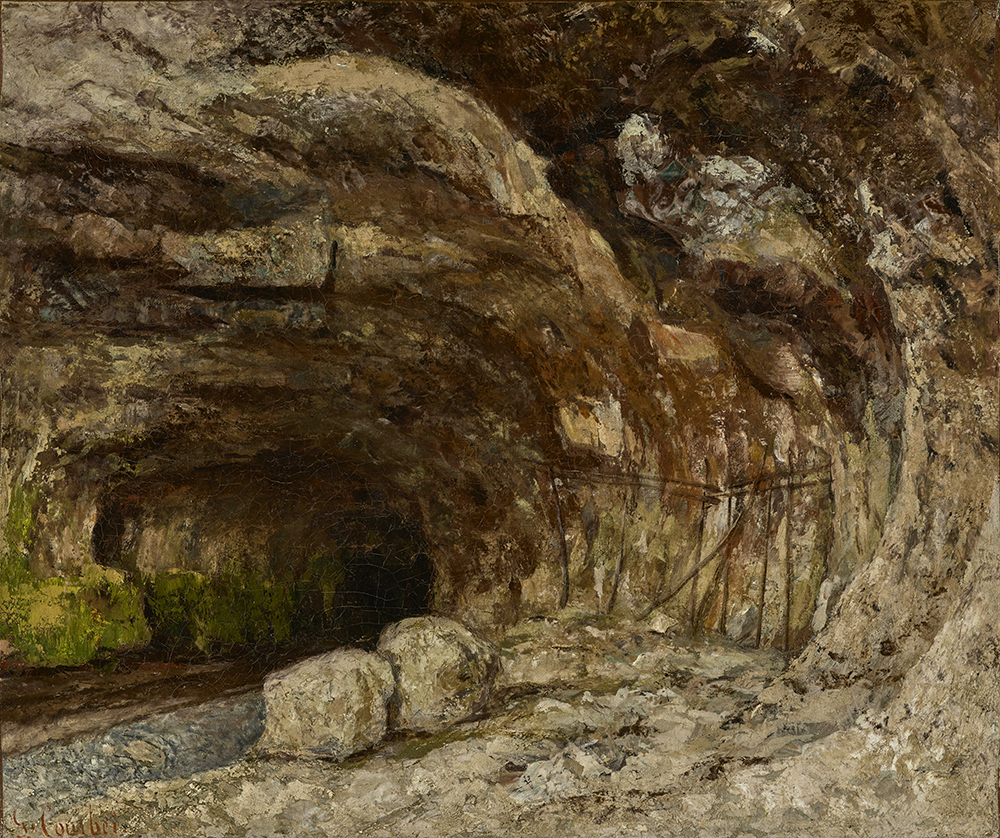
Grotto of Sarrazine near Nans-sous-Sainte-Anne, by Gustave Courbet, c. 1864. © The J. Paul Getty Museum, Los Angeles. Digital image courtesy the Getty’s Open Content Program.
If children have no knowledge of words, there is no study that is suitable for them. If they have no real ideas, they have no real memory, for I do not call that a memory which only recalls sensations. What is the use of inscribing on their brains a list of symbols that mean nothing to them? They will learn the symbols when they learn the things signified. Why give them the useless trouble of learning them twice over? And yet what dangerous prejudices are you implanting when you teach them to accept as knowledge words that have no meaning for them. The first meaningless phrase, the first thing taken for granted on the word of another person without seeing its use for himself, this is the beginning of the ruin of the child’s judgment. He may dazzle the eyes of fools long enough before he recovers from such a loss.
No, if nature has given the child this plasticity of brain that fits him to receive every kind of impression, it was not that you should imprint on it the names and dates of kings, the jargon of heraldry, the globe and geography, all those words without present meaning or future use for the child, which flood of words overwhelms his sad and barren childhood. But by means of this plasticity, all the ideas he can understand and use, all that concern his happiness and will someday throw light upon his duties, should be traced at an early age in indelible characters upon his brain, to guide him to live in such a way as befits his nature and his powers.
Without the study of books, such a memory as the child may possess is not left idle. Everything he sees and hears makes an impression on him, he keeps a record of men’s sayings and doings, and his whole environment is the book from which he unconsciously enriches his memory, till his judgment is able to profit by it.
To select these objects, to take care to present him constantly with those he may know, to conceal from him those he ought not to know, this is the real way of training his early memory; and in this way you must try to provide him with a storehouse of knowledge that will serve for his education in youth and his conduct throughout life. True, this method does not produce infant prodigies, nor will it reflect glory upon their tutors and governesses, but it produces men, strong, right-thinking men, vigorous both in mind and body, men who do not win admiration as children but honor as men.
From Émile, or On Education. The Swiss-born political philosopher considered this pedagogical treatise his “most useful, best” work. French officials, however, deeming it an attempt to deride church authority, ordered that it be “lacerated and burned by the executioner of high justice.” The book nevertheless was foundational to the development of modern educational theory. Among the many movements that can be traced directly to Rousseau’s “education from nature” are the introduction of kindergarten (1840), the Montessori method (1907), and the Waldorf system (1919).
Back to Issue

